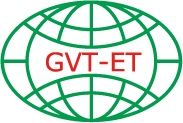Blogs & News
We are focus on automotive wiring harness & connectors technology.
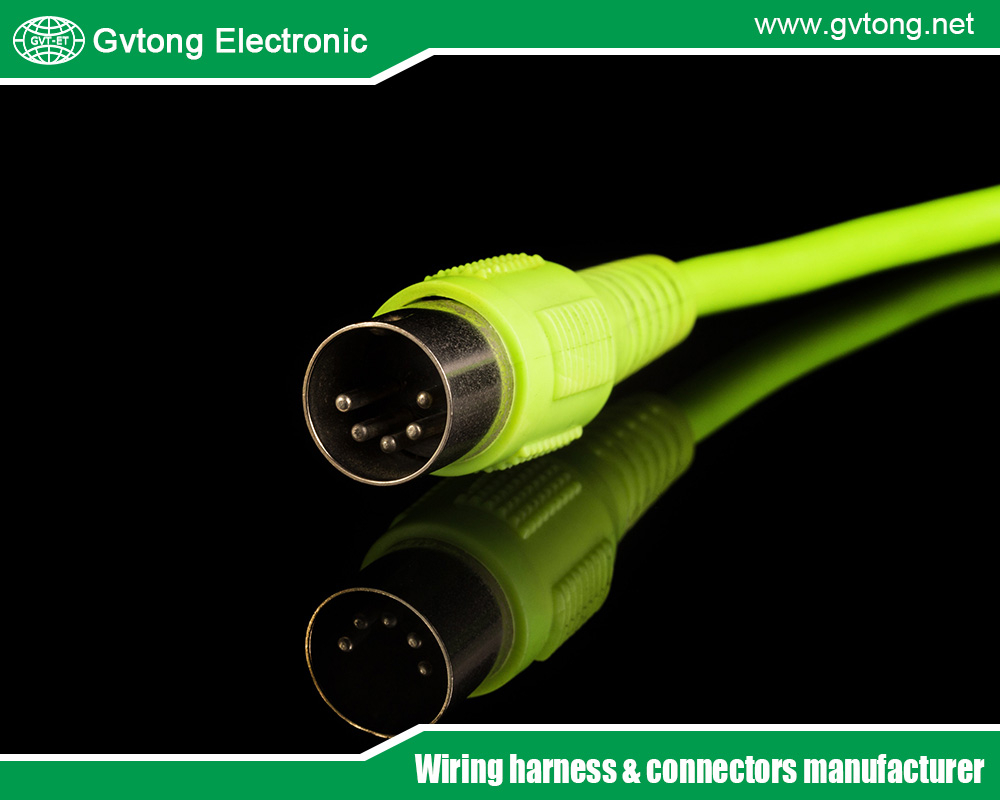
EV Charging Connectors Manufacturers: Powering the Electric Vehicle Revolution
- Gvtong Electronic
- Anti-vibration automotive connectors, automotive electrical connector, automotive High voltage connector, automotive Low voltage connector, Automotive Low Voltage Signal And Power Connector Solutions, automotive Oil-resistant Connectors, Automotive shielded connectors, automotive Signal Connector, automotive waterproof connectors, best EV charging connectors manufacturers, best photovoltaic connectors for solar panels, Best Photovoltaic Solar Battery Connectors For Energy Storage Systems, Blind-mate automotive connectors, China Energy Storage Connector Manufacturers, China High Current Connectors Manufacturer, China High Frequency And High Speed Connectors Manufacturer, China Industrial Electrical Connectors Manufacturers, china photovoltaic connectors manufacturers, electric vehicle EV connector supplier, EV charging connectors, EV charging connectors factory, EV charging connectors manufacturers, EV charging connectors supplier, EV charging market, High Voltage EV Battery Connector For Electric Vehicles, High-speed data connectors, High-temperature resistant connectors, Lightweight automotive connectors, Low-contact resistance connectors, Modular automotive connectors, Oil-resistant automotive connectors
- No Comments
EV Charging Connectors Manufacturers: Powering the Electric Vehicle Revolution
Electric vehicles (EVs) are at the forefront of a global shift toward sustainable transportation, and their widespread adoption hinges on a robust and efficient charging infrastructure. Central to this infrastructure are EV charging connectors—the vital components that link electric vehicles to charging stations, enabling the transfer of power to recharge batteries. As the EV market expands, the demand for reliable, innovative, and standardized charging connectors has surged, spotlighting the manufacturers who design and produce these essential devices. This article explores the landscape of EV charging connector manufacturers, delving into the types of connectors, the key players in the industry, their contributions, and the future of this critical sector.
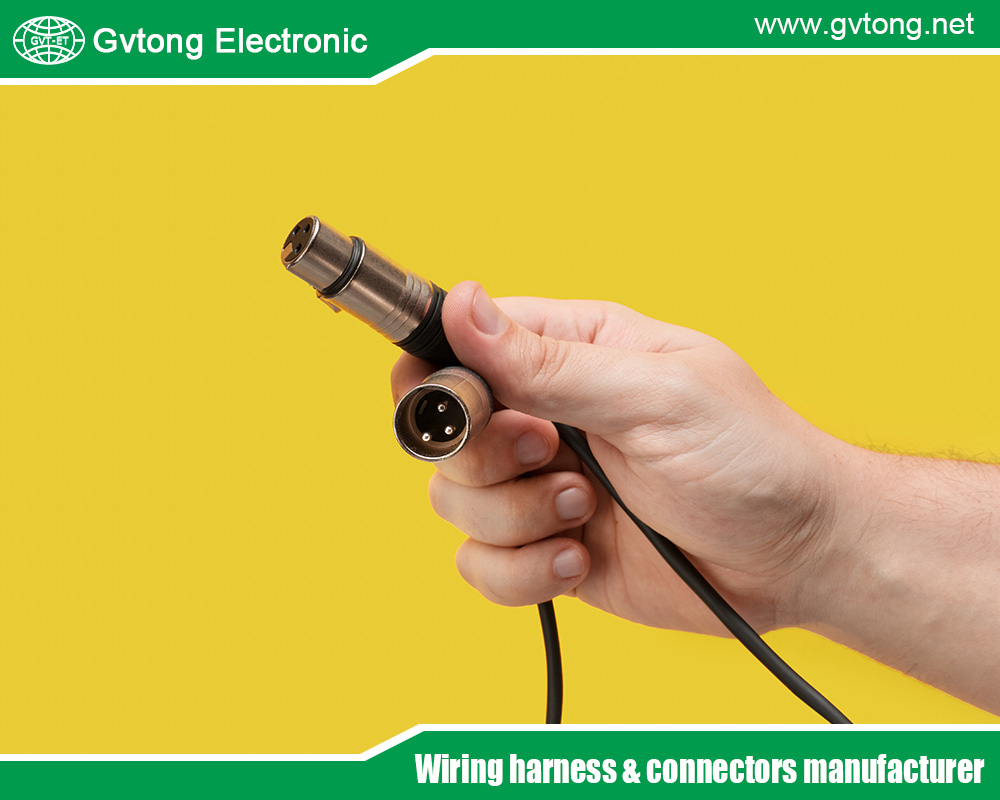
EV charging connectors manufacturers serve as the physical interface between an electric vehicle and its power source, much like a fuel nozzle connects a traditional vehicle to a gas pump. However, unlike their fossil-fuel counterparts, EV connectors vary widely in design, functionality, and regional application, reflecting the diverse needs of charging speed, power capacity, and compatibility. These connectors are categorized by their ability to deliver alternating current (AC) for slower charging or direct current (DC) for faster charging, as well as by the standards they adhere to, which often differ by geography and vehicle manufacturer.
The primary connector standards dominating the market include:
- Combined Charging System (CCS): A versatile standard that integrates AC and DC charging, widely used in North America (CCS1) and Europe (CCS2).
- CHAdeMO: A DC fast-charging standard developed in Japan, favored by manufacturers like Nissan and Mitsubishi.
- Tesla/J3400: Originally a proprietary connector for Tesla vehicles, now being standardized as J3400 and adopted by other automakers.
- Type 1 (J1772): An AC charging standard prevalent in North America.
- Type 2 (Mennekes): An AC charging standard dominant in Europe.
Additionally, other standards like China’s GB/T exist, catering to specific regional markets. The manufacturers of these connectors play a pivotal role in ensuring compatibility, safety, and performance, driving the EV ecosystem forward as adoption accelerates globally.
The Market Landscape
The EV charging connector market is a dynamic and rapidly growing industry, fueled by the rising popularity of electric vehicles and government initiatives to expand charging infrastructure. According to industry trends, the global EV charging market is expected to grow significantly over the next decade, with connectors and cables forming a critical segment of this expansion. Manufacturers range from established automotive suppliers to specialized high-tech firms, each vying to meet the increasing demand for efficient and innovative charging solutions.
Key players in this space include both global giants and niche specialists. Some of the most prominent names are:
- TE Connectivity: A leader in connectivity solutions, offering a broad portfolio of EV charging connectors.
- Schneider Electric: Renowned for energy management, this company provides comprehensive EV charging infrastructure solutions.
- Yazaki: A major automotive supplier with expertise in electrical connectors for EVs.
- Sumitomo: Another automotive industry stalwart contributing to EV charging technology.
- HUBER+SUHNER: Specializes in high-performance electrical and optical connectivity solutions.
Beyond these, a host of other manufacturers—such as Leoni AG, Aptiv, BESEN International, Dyden Corp, Brugg Group, JAE, Volex, HARTING, Renhotec, Amphenol Energy, ITT Cannon, WORKERSBEE, KST, Guchen Electronics, and Yonggui Electric—populate the market, each bringing unique strengths to the table. This diversity reflects the complexity of the EV charging ecosystem, where manufacturers must cater to various standards, vehicle types, and charging scenarios.
Major Connector Standards and Their Manufacturers
To understand the role of manufacturers, it’s essential to examine the major connector standards and the companies producing them. Below, we explore each standard and highlight key manufacturers associated with them.
CCS (Combined Charging System) Connectors
The CCS standard is one of the most widely adopted globally, prized for its ability to combine AC and DC charging in a single connector. In North America, CCS1 integrates the J1772 AC connector with DC pins, while in Europe, CCS2 uses the Type 2 (Mennekes) base. Capable of delivering power up to 350 kW or more, CCS connectors are a cornerstone of fast-charging networks.
Manufacturers producing CCS-compliant connectors include:
- JAE (Japan Aviation Electronics): Offers an extensive lineup of CCS connectors, adhering to both CCS1 and CCS2 specifications. JAE is known for its precision engineering and reliability in automotive applications.
- Amphenol Energy: Specializes in CCS1 SAE connectors tailored for the North American market, with capabilities to customize cable assemblies for charging stations.
- ITT Cannon: Provides CCS2 connectors designed for high-amperage DC charging, emphasizing durability and performance under demanding conditions.
Other companies, such as TE Connectivity and Phoenix Contact, also produce CCS-compatible connectors, often supplying them to charging station operators and vehicle manufacturers.
CHAdeMO Connectors
Developed by a consortium of Japanese companies, CHAdeMO is a DC fast-charging standard that remains prominent in Japan and is used by automakers like Nissan and Mitsubishi. It supports power levels typically up to 100 kW, though newer iterations push beyond this limit.
Key manufacturers include:
- JAE: A standout in the CHAdeMO space, producing compliant connectors that meet the standard’s rigorous requirements. JAE’s involvement underscores its versatility across multiple standards.
- Japanese Suppliers: While specific manufacturers for Nissan and Mitsubishi’s CHAdeMO connectors are not always named, companies like Yazaki and Sumitomo, with deep ties to Japan’s automotive industry, likely play a role in supplying these components.
CHAdeMO’s prominence has waned somewhat as CCS gains traction globally, but it remains a vital standard in certain markets.
Tesla/J3400 Connectors
Tesla’s charging connector, originally proprietary, has evolved into the J3400 standard, also known as the North American Charging Standard (NACS). This shift followed Tesla’s decision to open its Supercharger network to non-Tesla EVs, prompting other manufacturers—like Ford and General Motors—to adopt J3400. Known for its sleek design and high power delivery (up to 250 kW or more), this connector is reshaping the charging landscape.
Manufacturers include:
- Tesla: As the originator, Tesla designs and produces its own J3400 connectors for its vehicles and Supercharger stations.
- Emerging Suppliers: With J3400’s standardization, companies like TE Connectivity or Aptiv may begin producing compatible connectors, though Tesla currently dominates this niche.
The adoption of J3400 signals a move toward greater interoperability, a trend manufacturers must adapt to in the coming years.
Type 1 (J1772) and Type 2 (Mennekes) Connectors
For AC charging, Type 1 (J1772) and Type 2 (Mennekes) connectors serve as the primary standards in North America and Europe, respectively. These connectors are typically used for slower, Level 1 or Level 2 charging, with power levels ranging from 3.7 kW to 22 kW.
Manufacturers producing these connectors include:
- KST: A globally recognized producer of electrical terminals and automotive connectors, likely offering Type 1 connectors for the North American market.
- Phoenix Contact: Supplies Type 2 connectors, often distributed through partners like Connector-Tech ALS, catering to Europe’s AC charging needs.
- Volex: A leading manufacturer of EV charging cables and connectors, producing solutions compatible with both Type 1 and Type 2 standards.
These connectors, while less powerful than their DC counterparts, remain essential for home and workplace charging.
Other Standards: GB/T and Beyond
In China, the GB/T standard governs EV charging, with separate connectors for AC (GB/T 20234.2) and DC (GB/T 20234.3) charging. Manufacturers like Yonggui Electric and Guchen Electronics specialize in GB/T connectors, supporting China’s massive EV market—the largest in the world. Other niche or emerging standards may also involve specialized manufacturers, though they are less prominent globally.
Leading Manufacturers and Their Contributions
Beyond standard-specific production, several manufacturers stand out for their broader impact on the EV charging connector industry. Here’s a closer look at some key players:
- TE Connectivity: With a global footprint, TE Connectivity offers connectors and cables for multiple standards, emphasizing high-voltage solutions and scalability. Its innovations support the growing power demands of modern EVs.
- Volex: Known for high-quality charging cables and connectors, Volex serves a wide range of applications, from residential to commercial charging stations.
- HARTING: Focuses on reliability and performance, producing cables and connectors that withstand harsh environmental conditions—a critical factor for outdoor charging infrastructure.
- Aptiv: A leader in automotive technology, Aptiv provides advanced connector systems that integrate with smart charging solutions, enhancing user experience.
- Leoni AG: Specializes in cable systems for EV charging, supporting various connector types and contributing to the industry’s push for efficiency.
These companies, along with others like Schneider Electric and WORKERSBEE, are driving technological advancements, such as improved thermal management, higher power capacities, and enhanced safety features.
Innovations and Industry Trends
The EV charging connector industry is not static; it’s a hotbed of innovation as manufacturers respond to evolving needs. Key trends include:
- Higher Power Ratings: Connectors like CCS and J3400 are being engineered to handle 350 kW or more, slashing charging times to rival refueling a gas vehicle.
- Standardization Efforts: The adoption of J3400 by non-Tesla manufacturers exemplifies a push for interoperability, reducing consumer confusion and infrastructure fragmentation.
- Smart Charging: Manufacturers are integrating connectors with digital systems for vehicle-to-grid (V2G) capabilities, allowing EVs to return power to the grid.
- Durability and Safety: Companies like HARTING and ITT Cannon prioritize rugged designs and safety features, such as locking mechanisms and weather resistance.
Looking ahead, wireless charging and ultra-fast charging (500 kW+) loom on the horizon, challenging manufacturers to rethink connector designs entirely. Firms investing in R&D now will likely lead the next wave of innovation.
Challenges Facing Manufacturers
Despite their successes, manufacturers face significant hurdles:
- Regional Variability: Differing standards across regions complicate production and distribution, requiring flexibility and localized expertise.
- Compatibility: Ensuring connectors work seamlessly with diverse vehicle models and charging stations is a persistent challenge.
- Regulatory Compliance: Safety and performance standards, set by bodies like the SAE and IEC, demand rigorous testing and certification.
- Competition: As the market grows, new entrants and established players alike vie for dominance, pressuring margins and innovation cycles.
Addressing these challenges requires collaboration between manufacturers, automakers, and policymakers to streamline standards and infrastructure development.
The Future of EV Charging Connectors
The future of EV charging connectors is bright but complex. Standardization, exemplified by J3400’s rise, promises a more unified charging experience, while technological leaps—like wireless charging—could redefine the role of physical connectors. As EV adoption accelerates, manufacturers will need to scale production, innovate rapidly, and adapt to new market dynamics.
Government policies will also shape this future. Incentives for charging infrastructure, such as those in the U.S. Inflation Reduction Act or Europe’s Green Deal, will boost demand, while mandates for common standards could consolidate the market. Manufacturers that anticipate these shifts—balancing cost, quality, and forward-thinking design—will thrive.
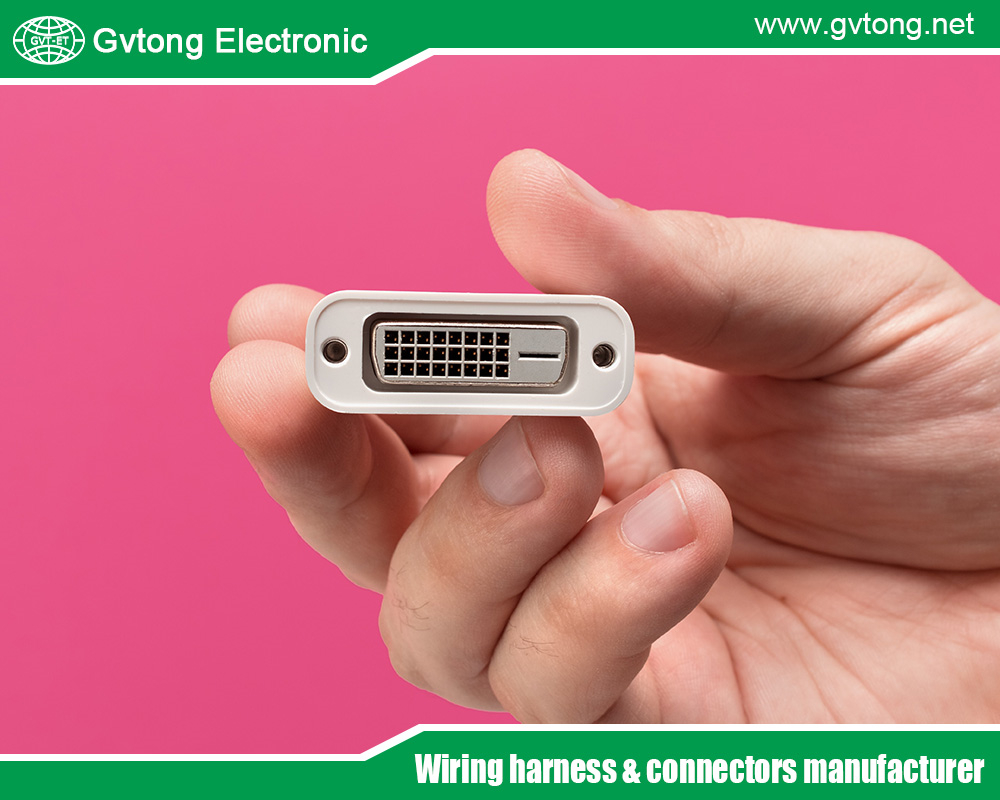
Conclusion
EV charging connector manufacturers are the unsung heroes of the electric vehicle revolution, providing the critical hardware that powers this transformation. From global leaders like TE Connectivity and Schneider Electric to specialized firms like JAE and Amphenol Energy, these companies are building the foundation for a cleaner, electrified future. As standards evolve, technologies advance, and the world embraces EVs, the role of these manufacturers will only grow in importance. Their ability to innovate, collaborate, and adapt will determine how swiftly and smoothly society transitions to sustainable mobility—a challenge they are well-equipped to meet.
For more about the best EV charging connectors manufacturers: powering the electric vehicle revolution, you can pay a visit to Gvtong at https://www.gvtong.net/ for more info.
Recent Posts
How to Diagnose and Repair Automotive Signal Connector Failures
How to Install and Maintain Low Pressure Automotive Connectors
Heat Shrink vs. Crimp: Choosing the Right 12V Car Wire Connector
Best 12V Automotive Wire Connectors for Reliable Electrical Connections
Tags
Recommended Products
-
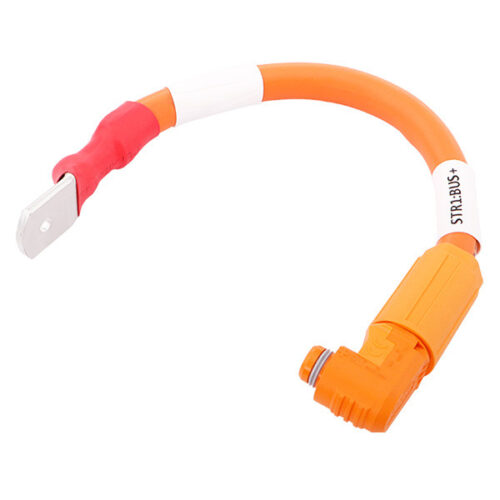
Energy storage wiring harness
-
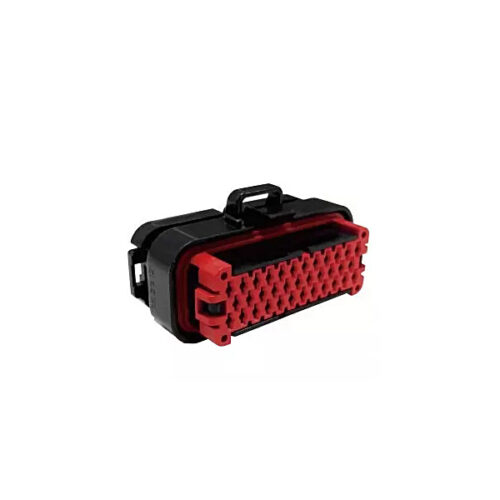
Signal connector – waterproof, three rows, 35 cores
-
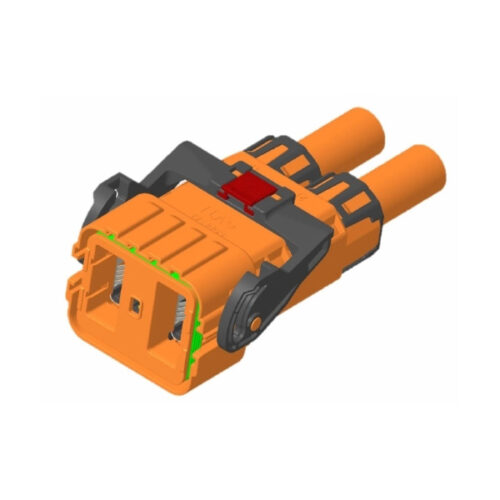
High voltage connector HV6-2PIN
-
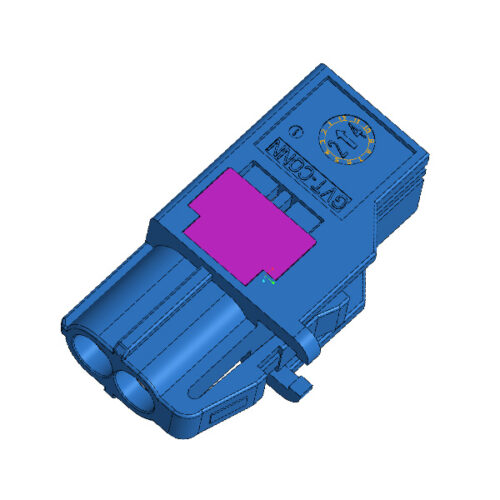
Automotive MINI Fakra High-Speed 2Pin Female To Fakra Male Z Code Connector
-
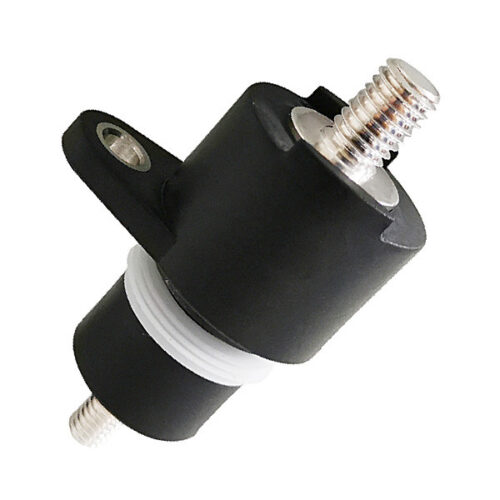
GH Series-DCDC Wall Terminal – Double Thread
-
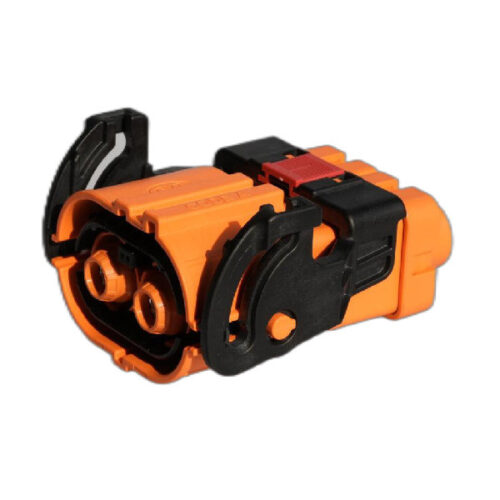
GH800 Series-2-core plastic high voltage connector
-
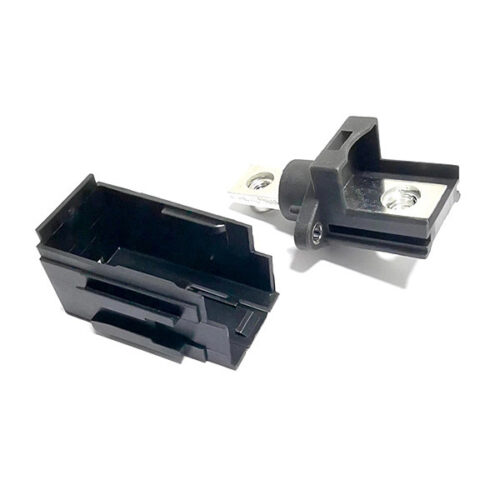
DCDC wall-through terminal – with protective cover
-
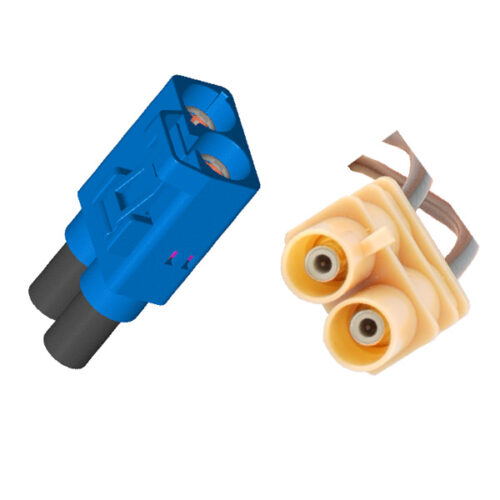
Automotive FAKRA Dual Connector For Wireless Antenna, GPS, Satellite Broadcasting, RF Bluetooth, IVI Information
